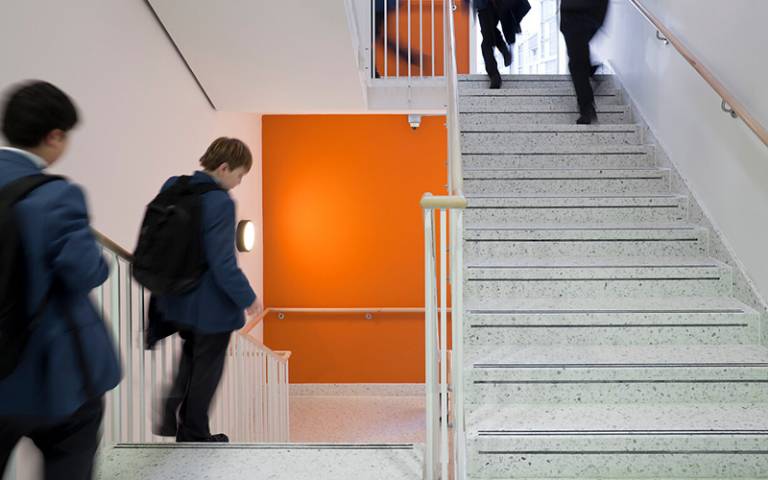VIRTUAL EVENT: Selective schooling and social mobility in England
16 September 2021, 3:00 pm–4:00 pm

In this webinar, Franz Buscha and Emma Gorman will explore whether an academically selective schooling system promotes social mobility, using England as a case study.
This event is free.
Event Information
Open to
- All
Availability
- Yes
Cost
- Free
Organiser
-
Khrystia Myhasiuk
Over a period of two decades, the share of pupils in academically selective schools in England declined sharply and differentially by area.
In this event, Franz Buscha and his team will illuminate whether an academically selective schooling system promotes social mobility in England.
Using a sample of census records matched to administrative data on selective system schooling within local areas, researchers exploit temporal and geographic variations to estimate the effects of the selective schooling system on absolute and relative social class mobility.
The results of the research are precisely estimated and provide no support for the contention that the selective schooling system increased social mobility in England, whether considered in absolute or relative terms.
This event will be particularly useful for education policymakers, researchers and education professionals.
CEPEO seminar series
The Centre for Education Policy and Equalising Opportunities (CEPEO) hosts a research seminar series where guest speakers present cutting edge research.
Join policymakers, researchers and practitioners to explore the pressing questions of our time in education policy and equalising opportunities.
Links
- Tweet with #CEPEOSeminarSeries
- CEPEO seminar series
- Centre for Education Policy and Equalising Opportunities
- Department of Learning and Leadership
Image: UCL Digital Media
About the Speaker
Franz Buscha
Professor of Economics at the Centre for Employment, University of Westminster
Franz's research interests include education economics, labour economics, and applied econometrics. Franz has made contributions to issues such as social mobility, measuring the returns to education, the effect of weather of happiness, political beliefs and identity formation.
 Close
Close

